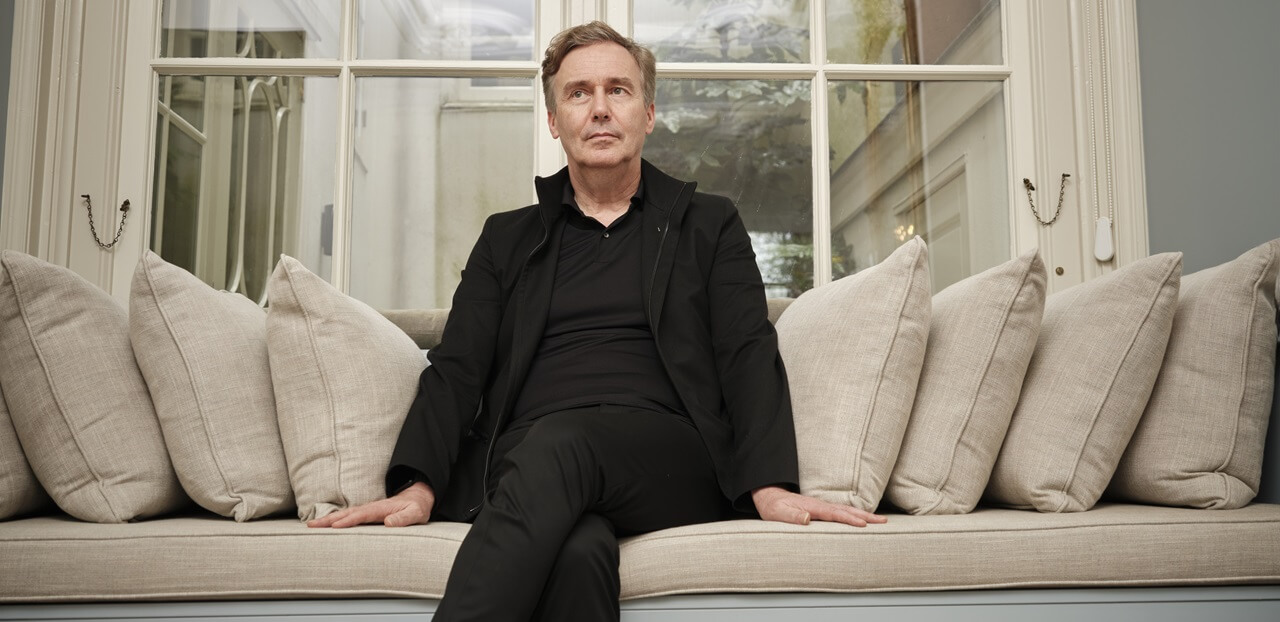About the birds, the bees, and doing futureproof business

Author: Pieter Hemels | Image: Rogier Veldman | 10-12-2024
‘Sit tight and assess’
My two-minute video from the film 'Don't Look Up' did not contribute to the atmosphere. If you have seen the film1: I showed the moment when the two scientists, who have established with 99.78% certainty that a devastating comet will destroy the earth, have the opportunity to explain the inevitable catastrophe to the President of the US. Two minutes later, the probability of impact is reduced to 60%, and the strategy is clear: ‘sit tight and assess’: wait, evaluate, and prevent all hasty decisions. I asked the 59 directors of scientific institutes present whether they recognized themselves in the scientists in the film. The group was rarely so unanimous, the chairman told me afterward.
You will have more trouble with bees than with the Chinese
If climate change is an approaching hurricane of the fifth category, the loss of biodiversity is the obliterating comet. The probability that your organization will succumb due to dying bees is considerably greater than that you will be defeated by false Chinese competition. An example. Agriculture has lobbied vehemently for the EU to prevent a European ban on glyphosate. Successfully: they are allowed to wipe out nature, exterminate insects, and put (to my understanding with 99,78% certainty) carcinogenic substances in our food until 2033. This has disastrous consequences for nature, for humans, and for agriculture itself. Why is it that we think, ‘Only after me, the final flood?’
No power to the people
During the CETAF meeting, a discussion arose about the role of the consumer. The basic idea: if the consumer stops eating meat and buying plastic bottles, biodiversity benefits. There is no arguing with that. To put that into context, if I no longer buy plastic bottles, that might save a bottle per week. If Coca-Cola devises an alternative for plastic, it will save 2 billion plastic bottles. Per week. The responsibility, including for Scope 3 emissions, rests primarily with producers, with the legislator as arbiter.
Stating the obvious
Doing futureproof business is about the question of what companies contribute to a better society and healthy biodiversity. To state the obvious: we have precisely one planet (except for the happy few who get to go to Mars with Elon Musk). So, shall we?
This essay was written by Pieter Hemels and published in Management Scope 01 2025. Hemels is director of consultancy company ftrprf pieter@ftrprf.com (all correspondence can be entered into regarding this column)
1: if you haven't seen Don't Look Up, send me an email (pieter@ftrprf.com), and I'll share the fragment with you.
